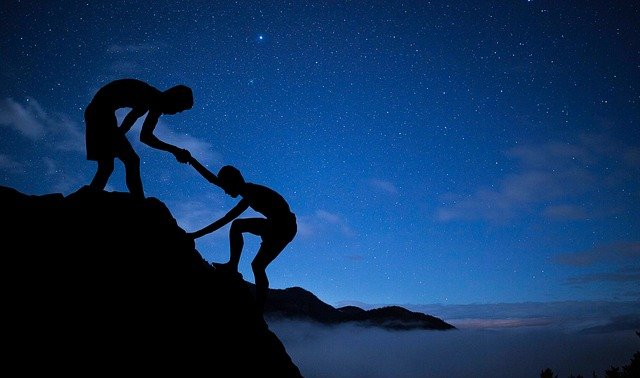by Dr. Robbie Lloyd
Psychologists talk a lot about “learned helplessness.” It’s what happens to many of us when we are subjected to repeated stressful situations. People come to believe that they are unable to control or change the situation, so they give up trying, even when opportunities for change become available.
Australians are stuck in such a situation on two fronts right now – about the Environmental Crisis facing our world, highlighted in the past month by the IPCC Report (the sixcth report of the Intergovernmental Panel on Climate Change), and what to do in the face of the COVID19 pandemic. We can learn key things from these two crises, in the same way that Trauma Informed Care principles show clinicians the three things that people most need in times of crisis.
(1) Safety: we all want to know how to be safe and stay safe. And “following the science” has been our main way to do that in the COVID pandemic. But not the environmental crisis, where our government denies the science and tells us “technology is the answer.”
(2) Connection: we all need to be able to connect with others and support each other through the hard times, even it is by “Social Solidarity and Physical Distancing.” The trouble is that coming together, even safely with COVID protective precautions, raises the spectre of governments criticising those who want to see change.
(3) Coping: when we don’t know what to do next, we can help each other to learn the “next best thing” to do, moment by moment, until we get back into a rhythm of hopefulness and positive action. That is starting to become clearer in the pandemic journey (get vaccinated, use masks and stay home), but not in the environmental crisis.
Following the science is the clear priority, that we need to reduce carbon emissions by 2030, and to do it urgently. Christians have the same responsibility as the rest of the world, in coming together to try to save our children’s future, by safely connecting and helping each other to cope. This can be by holding onto a sense of hope and acting, by strongly advocating for governments to respond to climate change by reducing Australia’s very high fossil fuel emissions and moving towards a more sustainable economy.

